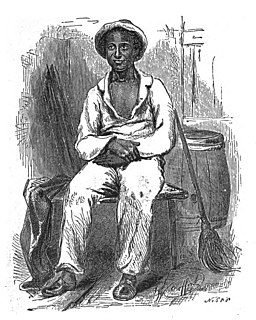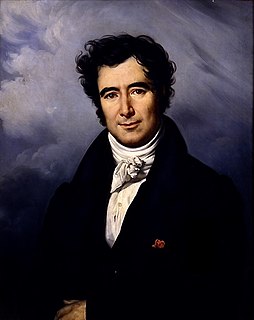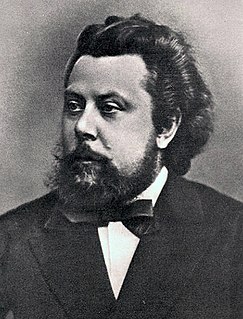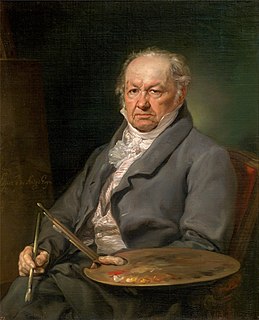A Quote by Seneca the Younger
He who comes to a conclusion when the other side is unheard, may have been just in his conclusion, but yet has not been just in his conduct.
Related Quotes
In drawing an inference or conclusion from facts proved, regard must always be had to the nature of the particular case, and the facility that appears to be afforded, either of explanation or contradiction. No person is to be required to explain or contradict, until enough has been proved to warrant a reasonable and just conclusion against him, in the absence of explanation or contradiction.
I may be a descendant of Seth. I say to myself, What does [the story of Cain and Abel] teach me? So I go back to all the interpretations in the Talmud, which to me are a source of pleasure and joy. Then I say, maybe this story is not for then; maybe it's for now! It's possible for brothers to kill one another in civil wars. But most important, whoever kills, kills his brother. That's a moral conclusion that may not be there; but that must be my conclusion. Otherwise, why read it? Whoever kills, kills his brother.
There are two modes of acquiring knowledge, namely by reasoning and experience. Reasoning draws a conclusion and makes us grant the conclusion, but does not make the conclusion certain, nor does it remove doubt so that the mind may rest on the intuition of truth, unless the mind discovers it by the path of experience.
I was often humiliated to see men disputing for a piece of bread, just as animals might have done. My feelings on this subject have very much altered since I have been personally exposed to the tortures of hunger. I have discovered, in fact, that a man, whatever may have been his origin, his education, and his habits, is governed, under certain circumstances, much more by his stomach than by his intelligence and his heart.
Coincident with the right of individual property under the provisions of our Government is the right of individual property. . . . When once the right of the individual to liberty and equality is admitted, there is no escape from the conclusion that he alone is entitled to the rewards of his own industry. Any other conclusion would necessarily imply either privilege or servitude.
And another thing about German symphonic development. I tell you, our cold kvass soup is a horror to the Germans, and yet we eat it with pleasure. And their cold cherry soup is a horror to us, and yet it sends a German into ecstacy. In short, symphonic development is just like German philosophy and soup-all worked out and systematized. When a German thinks, he reasons his way to a conclusion. Our Russian brother, on the other hand, starts with a conclusion and then might amuse himself with some reasoning.
My question is about the head of the Office of Government Ethics. Is he acting ethically when he sent out nine tweets praising Donald Trump saying that his plan was brilliant. How did he come to that conclusion? And how does come to his current conclusions having never done an investigation and never looked at the paperwork in the point where he can actually come to a reasonable conclusion?I think that's unethical.
In his garden every man may be his own artist without apology or explanation. Each within his green enclosure is a creator, and no two shall reach the same conclusion; nor shall we, any more than other creative workers, be ever wholly satisfied with our accomplishment. Ever a season ahead of us floats the vision of perfection and herein lies its perennial charm.
Ah! but the moods lie in his nature, my boy, just as much as his reflections did, and more. A man can never do anything at variance with his own nature. He carries within him the germ of his most exceptional action; and if we wise people make eminent fools of ourselves on any particular occasion, we must endure the legitimate conclusion that we carry a few grains of folly to our ounce of wisdom.









































